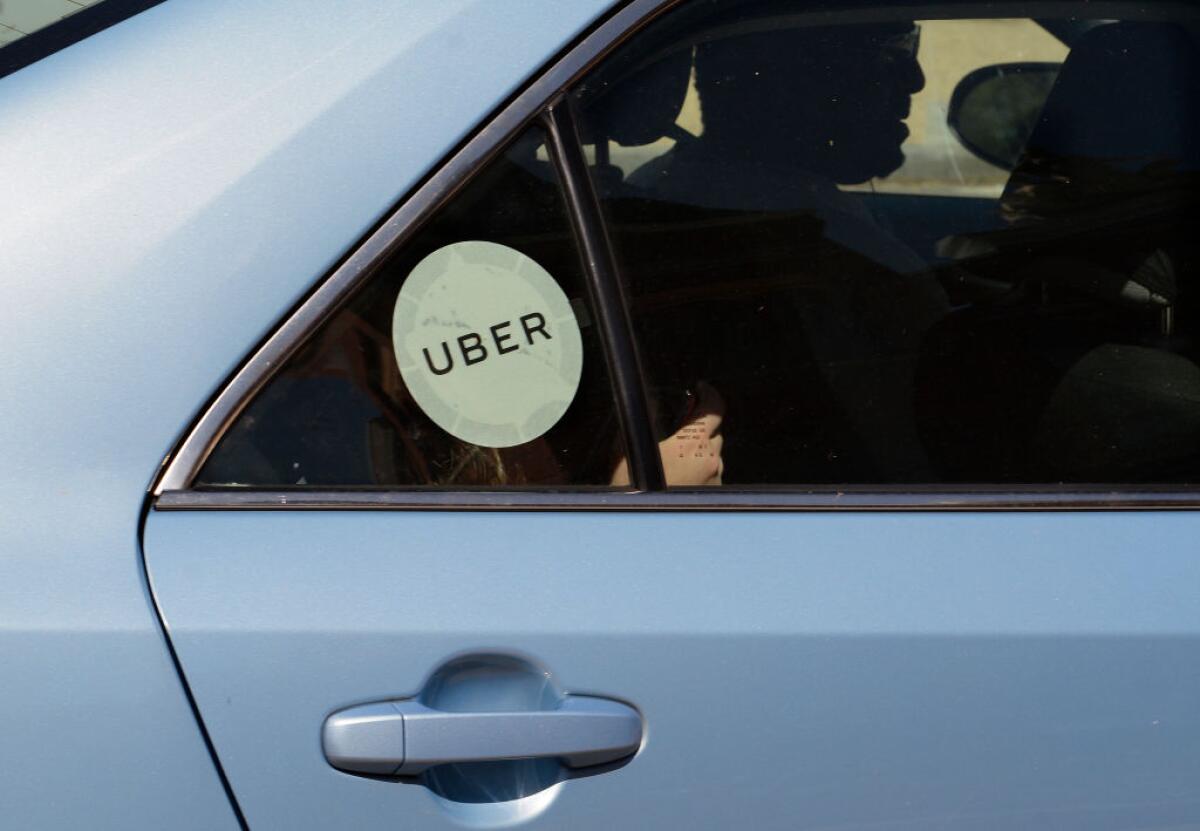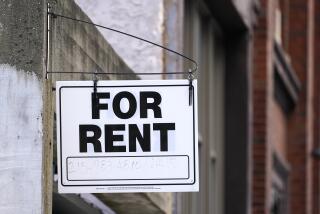Justice Department sues Uber over wait-time fees charged to disabled passengers

Uber Technologies Inc. was sued by the Justice Department for charging a wait-time fee to passengers with disabilities and allegedly refusing their refund requests, making them feel like “second-class” citizens.
Uber’s failure to “make reasonable modifications” to its wait-time fee policy and ensure “equitable fares” for passengers with disabilities who need more time to board vehicles is discriminatory under the Americans With Disabilities Act, according to the complaint filed Wednesday in a San Francisco federal court.
The Justice Department is asking the court to block Uber’s policy and seeking damages to compensate passengers, including for emotional distress they experienced, as well as a civil penalty.
“Wait-time fees are charged to all riders to compensate drivers after two minutes of waiting, but were never intended for riders who are ready at their designated pickup location but need more time to get into the car,” Uber spokesman Matt Kallman said in an email. “We recognize that many riders with disabilities depend on Uber for their transportation needs, which is why we had been in active discussions with the DOJ about how to address any concerns or confusion before this surprising and disappointing lawsuit.”
In its complaint, the government cited the experience of two disabled passengers, including a 52-year-old quadriplegic woman who relied on Uber to go back and forth from her apartment in Louisville, Ky., to a rehabilitation facility about five blocks away. The unidentified woman was told by an Uber representative that nothing could be done when she sought a refund on wait-time fees, according to the complaint.
“Uber’s refusal to refund her money or to change its wait-time fee policy makes Passenger A feel like a second-class citizen,” the government said.
Likewise, a 34-year-old man with cerebral palsy was “angry, frustrated and upset” after Uber charged him wait-time fees and began refusing refund requests after initially giving him some refunds, according to the complaint.
Uber said in its statement that it recently updated its app to automatically waive fees for any rider who certifies they are disabled.
Uber’s ride-hailing business was decimated as COVID-19 lockdowns kept people home and cratered demand. The ride-hailing sector has since bounced back sharply amid improving COVID-19 conditions and rising vaccination rates. Uber reported bookings were up 67% in the third quarter from a year earlier.
Bloomberg writer Joel Rosenblatt contributed to this report.






